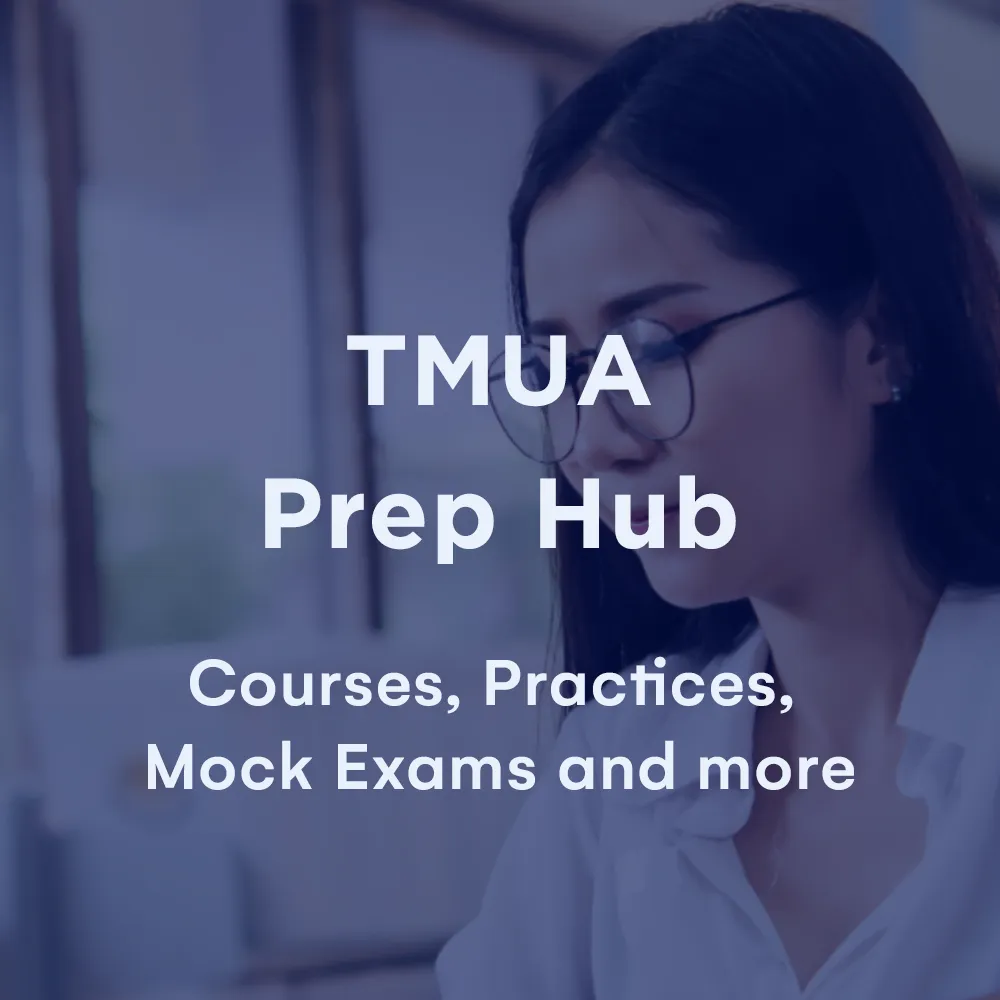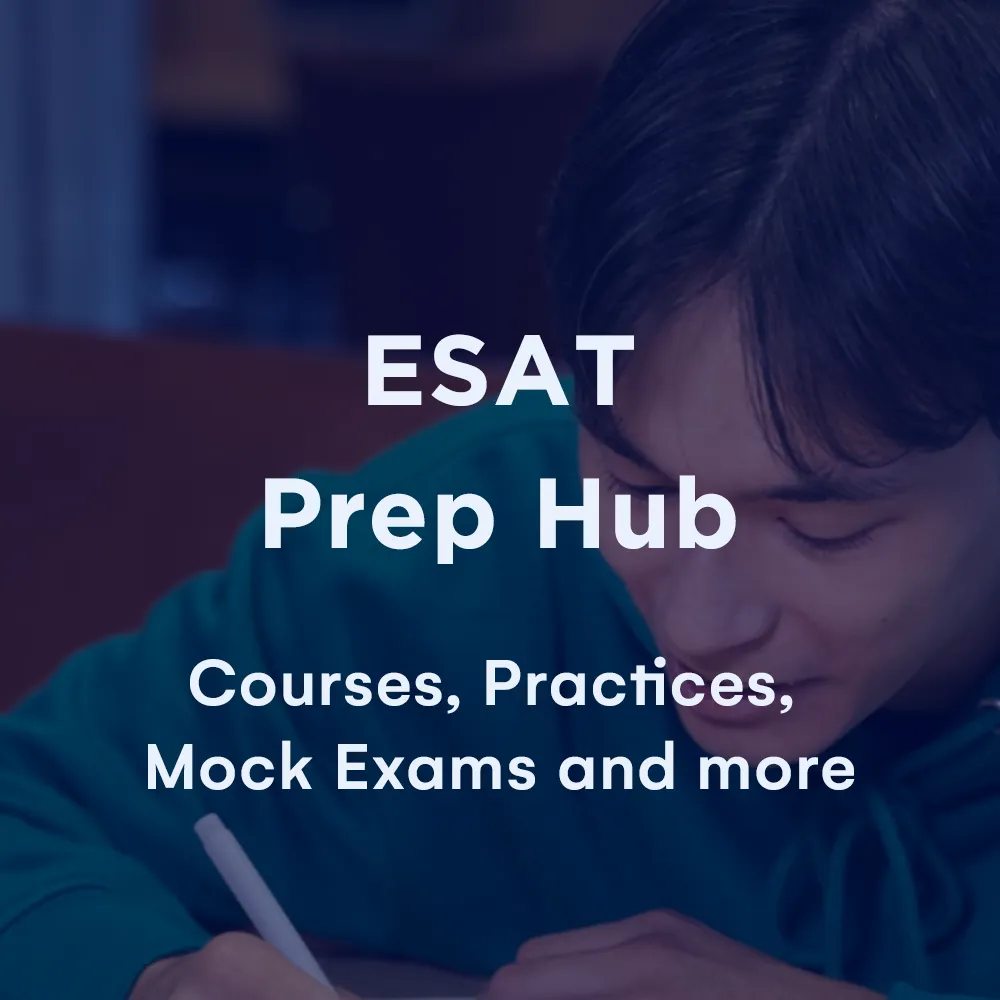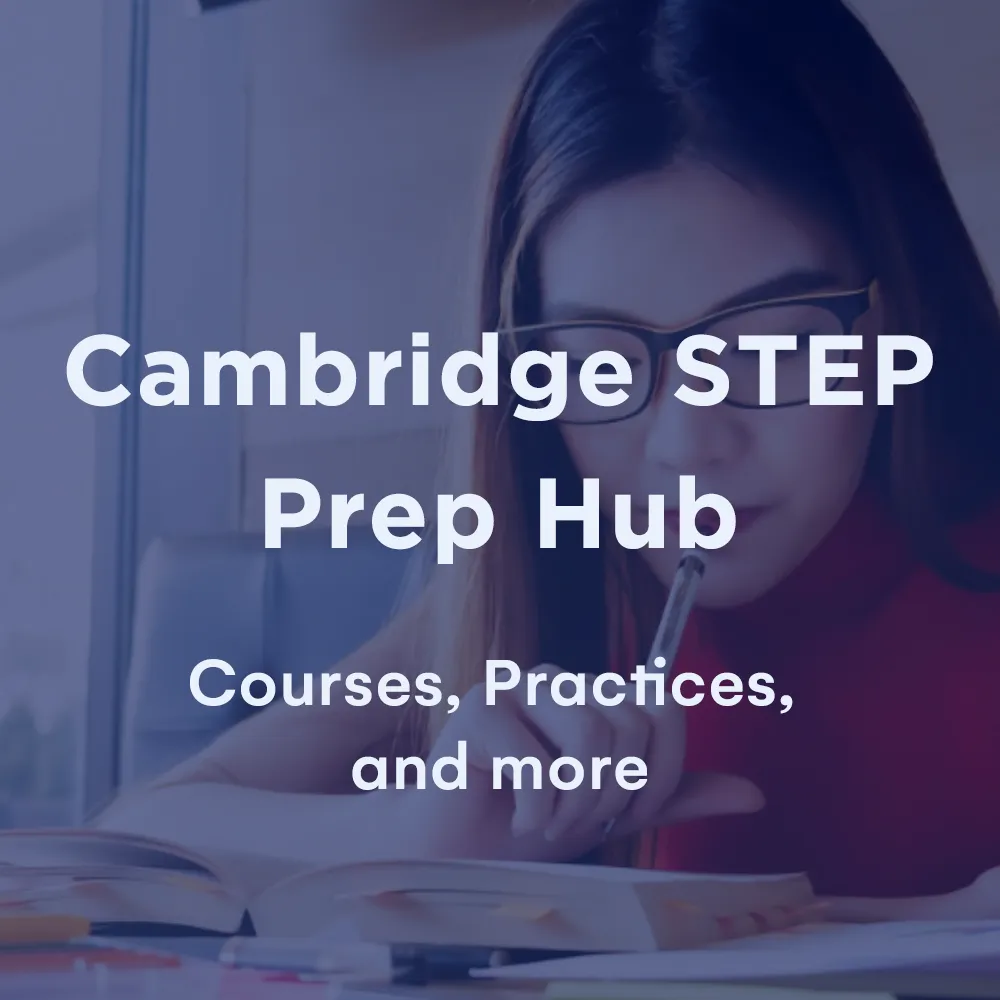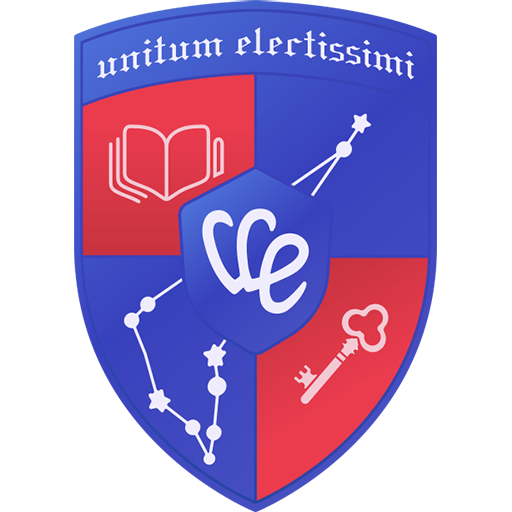Beyond the Offer: 8 Oxbridge Successes and Reflections on the Journey 2025

Independent Teacher
Beyond the Offer: 8 Oxbridge Successes and Reflections on the Journey 2025
Eight students I mentored for their Oxbridge admissions tests triumphed in the fiercely competitive 2025 application round, winning places at these world-leading universities. Coming from diverse academic backgrounds, their strengths lay in mathematics, the sciences, economics, and engineering. But their shared traits were dedication and a touch of good fortune. This article traces their success journeys. It explores their key strategies. Lessons learned are also reflected. This aims to guide future applicants.
I. Case Studies and Analysis
1. Oxford Mathematics – Two Offers
Student A was from Beijing, while Student B attended a private school in the UK.
Unlike most math applicants I mentored, A and B had average profiles. They skipped systematic math competition prep. Their STEP results were only grades 1-2. Such achievements seem less impressive. Many top candidates win multiple competitions. They also achieve double S grades in STEP.
When it came to preparing for the TMUA and the Oxford MAT, Student A showed exceptional aptitude. He mastered the material in just 20 hours—others need 40-60 hours. His scores proved excellent: 8.9 on TMUA and 91 on Oxford MAT.
Student B, on the other hand, was incredibly diligent, full of ideas, and a highly effective independent learner. After my initial guidance, she could work independently. She used my test prep materials effectively on her own. My observation, however, was that B wasn’t a natural test-taker, although she was very articulate. Though her TMUA/MAT scores weren’t strong, she excelled in the interview. She impressed Oxford’s interviewers and won a math offer.
2. Oxford Physics – One Offer
Student C hailed from Nanjing.
C’s physics passion and academic strength were notable. But their mother’s commitment amazed me most. Long-term follower of my public account, she had previously purchased my BPhO materials. After thorough research on my PAT resources, she even pre-booked private lessons—six months before the updated course release.This was before I released the updated PAT course.
My advice for highly motivated and independent learners like C is that a combination of video lessons and interactive support offers the best value. This approach was ideally suited to C. After diligently working through the PAT video course, I provided ten hours of targeted one-to-one tuition, specifically addressing their mathematical and physics weaknesses. Thanks to C’s effective learning with the video material and their excellent preparation for our sessions, our lessons were incredibly productive. In fact, we covered all the necessary content, and a few tutorial hours remained.
Much to my surprise, C’s mother opted to use these remaining hours for mock exam papers rather than requesting a refund. At this point, I hadn’t even announced the mock exams, so this vote of confidence put me under pressure. I knew the quality of these practice papers simply had to be top-notch to justify her trust. Once the mock papers were finalised and released, C diligently worked through each one before the exam, regularly discussing any tricky questions with me.
In the end, C achieved ESAT scores of 9, 8.6, and 8.3, and a PAT score of 87, consistent with their performance on the mock exams. Their interview was also strong and steady, resulting in a well-deserved offer to study Physics at Oxford.
3. Oxford Engineering – One Offer
Student D came from Beijing.
To other students, D’s talent seemed unattainable: he learned quickly and effortlessly, racking up awards in various international competitions. I began working with D as he prepared for the Cambridge STEP. He had already qualified for the AIME and had a dedicated mathematics competition coach, so I was initially puzzled as to why he needed my STEP tutoring. His father, however, was extremely modest, explaining that he simply wanted his son to benefit from the guidance of more experienced teachers. I subsequently worked with D right through to the ESAT and PAT exams, culminating in all-English coaching for his engineering interview.
Two years previously, I had tutored a British student for the PAT and their engineering interview, which resulted in an Oxford Engineering offer. This prior experience provided a useful benchmark when conducting D’s all-English mock interviews. D surpassed the British student I had previously coached in every way: reaction speed, fluency in English, and the depth of his thinking were all on another level.
D’s PAT score of 95 (putting him in the top 5% globally) was entirely expected, and the interview proved to be a mere formality. His offer to study Engineering at Oxford was richly deserved.
4. Cambridge Economics – One Offer
Student E came from Guangdong province.
Another exceptionally bright student, he was applying a year early. From our very first session, I realised E was different. His logical reasoning and speed of calculation were in the top 0.1%, on par with Student A, but he was also more prone to errors. This meant his exam scores didn’t always reflect his true ability. The biggest challenge for E, therefore, wasn’t mastering new mathematical concepts or exam technique in a short time frame, but ensuring he could perform consistently under pressure.
Through our tutoring sessions, and in discussions with his parents and teachers, it became clear that E’s performance was easily affected by his emotional state. Once I was confident he had the knowledge and exam skills, I shifted the focus of our sessions towards managing emotions and building resilience.
Although E’s TMUA score was slightly lower than A’s, it was more than sufficient for Economics. I had no doubt that once he reached the interview stage, he would make a strong impression. Sure enough, he secured an offer from Cambridge to study Economics.
5. Cambridge Natural Sciences – Three Offers
Students F, G, and H were all from the same school and applied for Natural Sciences (Biological).
Two of them had already started attending my classes the previous winter. At that point, the ESAT syllabus had just been released, and nobody was quite sure how difficult each section would be. What we did know was that they would need to maintain their strength in one or two of the sciences (physics, chemistry, or biology) while also improving their mathematical thinking and exam technique to ensure a strong score in Mathematics 1 – high enough not to jeopardise their overall application.
In the early stages of the course, they studied core mathematical concepts alongside students applying for Mathematics, Computer Science, Engineering, and Economics. Their marks on the regular maths assignments tended to be in the mid-to-lower range. I regularly offered them encouragement, acknowledging the progress they were making in maths. However, within that high-achieving group, everyone was improving so rapidly that they sometimes felt their own progress was less significant.
It wasn’t until the intensive revision period, when some new students joined the class, that they truly appreciated the progress they’d made and the advantages gained from their earlier hard work, as their mock exam scores started to reflect it.
I don’t teach chemistry or biology myself. According to feedback from Gong Jin, the teacher responsible for those subjects, all three students showed real talent in their chosen scientific fields. In general, they were diligent and dedicated, with clear strengths in their respective sciences, but slightly weaker in mathematics. Their success, perhaps, makes their achievements even more relatable to other students.
II. Success Factors and Reflections
These eight students, despite their diverse academic backgrounds and application journeys, did not achieve success by chance. Their accomplishments were the culmination of a multitude of factors working in harmony.
1. Student-Specific Factors
- A Solid Academic Foundation is Essential
The selection criteria at Oxbridge are incredibly demanding. A strong academic foundation is the first key to unlocking the door. All eight students demonstrated a solid grasp of their chosen subjects and a high level of academic ability.
- A Proactive Approach to Learning is Crucial
These students didn’t rely solely on my guidance. They actively engaged with their studies, independently explored topics, readily sought clarification when needed, and maintained a thirst for knowledge and a spirit of intellectual curiosity.
- A Positive Mindset is Vital
The application process is long and challenging, making a positive mindset essential. Throughout their preparation and application, these students effectively managed stress, maintained confidence and optimism, and ultimately performed consistently well in both the written tests and interviews.
- Excellent Exam Technique is Key
Top marks in the admissions tests are a prerequisite for Oxbridge applications. All eight students possessed outstanding exam technique, enabling them to consistently perform well and achieve excellent scores.
2. Teacher Guidance
- Targeted Tuition for Admissions Tests
I tailor my approach to each student’s individual needs and academic background, creating personalised preparation plans. This involves systematically explaining key concepts, providing in-depth analysis of past papers, and strengthening exam technique, ultimately helping students achieve high scores in the admissions tests. For instance, with students A, D, and E, who possess natural talent and learn quickly, I focus on encouraging deeper understanding and challenging them with more advanced concepts. For students B, C, F, and G, I emphasise consolidating foundational knowledge and honing exam skills, helping them address areas of weakness.
- Comprehensive Interview Preparation
The interview is a crucial element of the Oxbridge selection process. Through mock interviews, question analysis, and coaching on effective communication, I familiarise students with the format, equip them with effective strategies, and enhance their interview performance. For example, I conducted all-English mock interviews with Student D and provided tailored feedback on his strengths and areas for improvement.
- Supportive Teacher-Student Relationships
The application journey is fraught with stress and anxiety. I strive to be not only a teacher but also a supportive mentor, offering a listening ear, encouragement, and strategies for maintaining a positive outlook.
3. Family and School
- Family Support
Understanding, support, and encouragement from parents are vital motivating factors in students’ Oxbridge applications. All eight students benefited from the unwavering trust and support of their parents, who created conducive learning environments.
- School Resources
A school’s provision of high-quality academic resources and all-round support plays a significant role in successful Oxbridge applications. While my primary role was to provide admissions test tuition for students at a partner school, I also witnessed the school’s considerable investment in application guidance, interview practice, and extracurricular enrichment. The school’s impressive track record of Oxbridge offers in recent years, garnering national attention, is testament to this commitment.
4. Reflection and Future Development
- Collaboration with Other Teachers
When it comes to university guidance and interview preparation, I recognise the importance of collaboration. Several students with top admissions test scores either failed to secure interviews or were unsuccessful after interview. Analysis suggests the issues may lie in the personal statement or the interview performance itself. In the future, beyond maintaining my rigorous focus on admissions test preparation, I will strengthen communication and collaboration with teachers involved in other areas of the application process, striving to provide more holistic support to students, and ultimately increase their chances of success.
- Emphasis on Wellbeing
The application process is highly pressurised, and it’s common for students, and sometimes even parents, to experience anxiety. It’s important to remember that parental anxiety can subtly influence students. Going forward, I will place greater emphasis on the wellbeing of both students and parents. Alongside encouraging students, I will prioritise communication with parents, offering support and strategies for managing stress, thus fostering a positive and healthy environment for preparing applications.
- Developing Future-Focused Resources
During the intensive revision period, the quantity and quality of practice resources are paramount. While my students have access to ample resources, to better cater to their individual needs, I will continue to explore, develop, and refine targeted practice materials and maintain their high quality.
III. Advice for Students and Parents
- Plan Early and Set Clear Goals
The competition for Oxbridge places is fierce, so early planning and preparation are crucial. Students should identify their areas of interest and academic strengths as soon as possible and create a detailed study plan. - Build a Strong Foundation and Develop Holistically
Academic excellence is fundamental to Oxbridge applications, but a well-rounded profile is equally important. Students should focus on building a strong foundation of knowledge while actively participating in extracurricular activities, cultivating hobbies, and developing their all-round abilities. - Prioritise Admissions Tests and Exam Technique
The admissions tests are a critical component of the Oxbridge application process and require dedicated preparation. Students should familiarise themselves with the test format and content, master problem-solving techniques, and develop effective strategies. - Craft Compelling Personal Statements that Showcase Individuality
The personal statement is a vital platform for students to express their unique personality, strengths, and aspirations. They should reflect deeply on their experiences and talents to produce authentic, engaging, and impactful statements. - Prepare Thoroughly for Interviews and Shine
Interviews are a key part of the Oxbridge selection process. Students should research the interview format and potential questions, prepare answers, and participate in mock interviews to enhance their communication and problem-solving skills. - Maintain a Positive Mindset and Embrace Challenges
The application journey is demanding, and maintaining a positive mindset is crucial. Students should believe in themselves and proactively address any challenges they encounter. - Parental Support: A Catalyst for Growth
Parental support and encouragement are invaluable to students aspiring to Oxbridge. Parents should provide unwavering trust and support, fostering a positive learning environment and offering emotional support.
IV. Conclusion
The success of these eight students is a testament to their own hard work, the guidance of their teachers, the support of their families, and the resources provided by their schools. Their experiences offer valuable insights and inspiration for others. I hope this analysis will serve as a guide for aspiring Oxbridge applicants, helping them to realise their academic ambitions.
Explore more preparation resources and posts:

TMUA Prep Hub

ESAT Prep Hub

Cambridge STEP Prep Hub
Follow Us on Wechat



